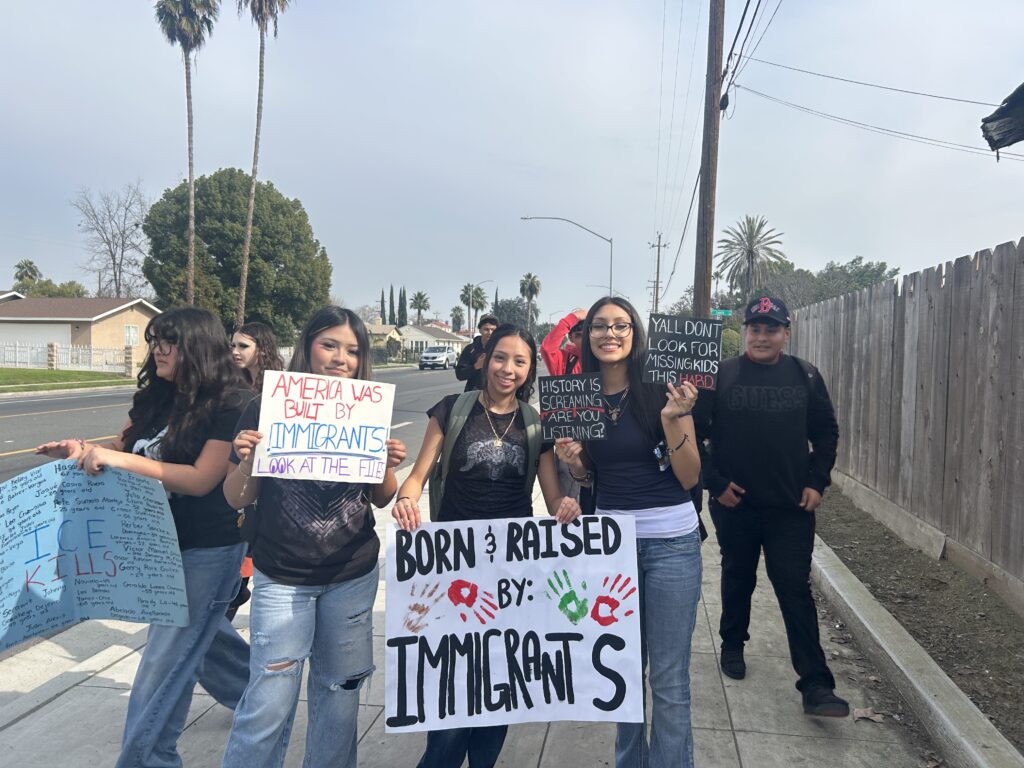Share
Jack London saw this coming. Why didn’t we?
In 1910 the California author, already famous for The Call of the Wild and White Fang, wrote a short post-apocalyptic novel about a 21st century pandemic in his home state. To revisit The Scarlet Plague during the COVID-19 crisis is to marvel at how much London understood—a century ago—about the challenges we face now.

Joe Mathews
Opinion
London imagined a global epidemic in the year 2013 that killed almost everybody in California, and presumably on Earth. This “scarlet plague”—victims turn red before dying—is recalled 60 years later, in 2073, by its only living survivor: a former UC Berkeley literature professor.
London died in 1916. Having lived through a turn-of-the-century bubonic plague outbreak in San Francisco, he was more familiar with epidemics than we are. The Scarlet Plague explains aspects of human behavior in times of plague that have become all too familiar recently—from the enormous value of isolating yourself to the mass madness at grocery stores. But London’s larger message was even more prescient: In pandemics, don’t be distracted by saving buildings or jobs. Prioritize saving as many humans as possible.
London, from the Bay Area, set his novel in Northern California, where the professor, now a grandmother, recalls the 2013 pandemic for his illiterate grandchildren, who, like other humans in 2073, are hunter-gatherers.
London’s vision of early 21st century life wasn’t far off. He foresaw wireless communications, the growth and wealth of the Bay Area, and the fact that America would be run by billionaires. (A Board of Magnates” even appoints the president).
The Professor Isn’t Sure Why He Survived. Perhaps He Is Immune.
But in 2013, the scarlet plague hits. Scientists are slow to figure out how the disease transmits. Some people flee the densely populated Bay Area, but only succeed in spreading the plague. Once deaths begin, normal life comes to a screeching halt.
“Everything had stopped,” the professor recalls. “it was like the end of the world to me—my world…. It was like seeing the sacred flame die down on some thrice-sacred altar. I was shocked, unutterably shocked.”
The professor isn’t sure why he survived. Perhaps he is immune. But he also takes his brother’s advice to isolate himself. “To all of this I agreed,” the professor recalls, “staying in my house and for the first time in my life attempting to cook. And the plague did not come out on me.”
With nearly everyone dead, the professor ends up in Hayward, where he finds a pony and makes his way east, eating fruit still hanging unpicked on trees and dodging packs of dogs that survive by devouring corpses. He crosses the Livermore Valley, and then forages through the San Joaquin, where he finds a horse that he rides up into Yosemite Valley. For three years, he makes “the great hotel” there his home, until the loneliness gets to him. “Like the dog, I was a social animal and I needed my kind,” he says.
So he rides back to Bay Area, where he discovers a few other survivors, who are living in different camps. The professor ultimately joins one such camp in Sonoma.
London Was Famous for His Faith in Animals
Society is not reconstituted. Sixty years after the Scarlet Plague, California is a lightly populated place of tiny tribes. There are the Sacramen-tos, the Palo-Altos, the Carmel-itos, and the professor’s own Santa Rosans, who are based in Glen Ellen (where Jack London had a ranch). The professor also hears stories about Los Ange-litos. “They have a good country down there, but it is too warm,” he says.
The professor never reconciles himself to the post-pandemic reality. “The great world which I knew in my boyhood and early manhood is gone. It has ceased to be,” he says. “We, who mastered the planet—its earth, and sea, and sky—and who were as very gods, now live in primitive savagery along the water courses of this California country.”
The novel concludes with the professor telling his grandchildren that he has stored all the books he can find in a cave on Telegraph Hill, hoping that the knowledge will survive him. He predicts that a new civilization will eventually rise, but it too will fail, because nature in the end will win.
“All things pass,” the professor says.
London was famous for his faith in animals, and his skepticism of people and the societies they construct. By my lights, the book underestimates the resilience of 21st century institutions, and the goodness and determination of our fellow humans.
But this old little novel retains considerable power as a warning about the vulnerability of our state and civilization. Even advanced societies can fall apart quickly. Writing from the past, London reminds us that today’s horrors were not really unthinkable, and that, as we seek shelter now, we must not lose sight of the future.
About the Author
Joe Mathews writes the Connecting California column for Zócalo Public Square.
RELATED TOPICS:
Categories


















